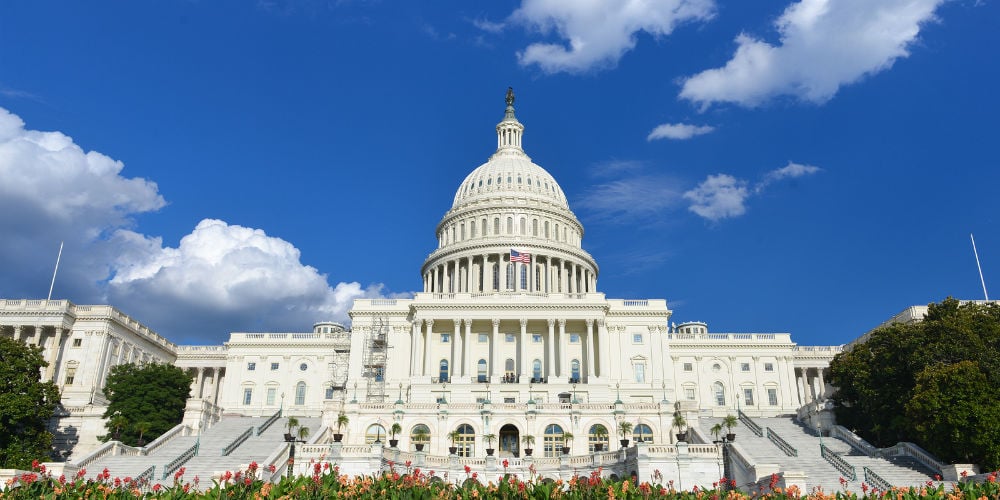Misguided attacks on interchange hurt everyone

The interchange system is under attack, but the arguments are misguided and misdirected. For over a decade, retailers have turned interchange fees into a scapegoat to distract consumers from corporate greed. While big box retailers continue spewing their false promises, America’s Credit Unions is committed to fighting this misinformation and protecting the interchange system.
Earlier this month, America’s Credit Unions brought hundreds of credit unions to Capitol Hill to advocate for industry priorities – with one of those priorities being protecting interchange. Not long after, the retailers came to Washington to spin their alternate reality. However, the truth is simple: interchange works.
Debit interchange fees are under attack by a Federal Reserve proposal to further lower the fee under Regulation II. With our advocacy push, lawmakers are urging the Fed to reconsider. On March 5, Rep. Blaine Luetkemeyer, R-Mo., introduced a credit union-sought bill that would stop the Fed’s proposed debit interchange proposal and require the Fed to study the proposal’s impact. That same week, a bipartisan group of lawmakers wrote to Fed Chair Jerome Powell to “ensure that the final rule does not unintentionally impact low-and moderate-income consumers negatively.” If the Fed took time to stop and study its proposal, it would reveal the harm of creating an artificial price cap on debit interchange.
There’s a U.S. Government Accountability Office study that has already revealed the debit interchange cap directly correlated with the increased cost of checking accounts. It also showed that institutions began charging more monthly account fees to account for lost revenue. The debit interchange cap was placed because retailers promised lower prices for consumers. Instead, they kept the profits and watched consumers pay more fees as financial institutions worked to account for the increased cost of providing banking services.
But it’s not just debit interchange under attack. The retailers – and some lawmakers – want to extend this bad policy to credit cards. We’ve sounded the alarm that passing the Big Box Bailout bill from Sens. Dick Durbin, D-Ill., and Roger Marshall, R-Kan., would harm access to credit and increase fraud costs for consumers, small businesses, and financial institutions. The data backs that up.
Ironically, that data also shows these retailers would suffer from this bill passing. The Big Box Bailout would lower credit limits due to tightening lending policies. If American consumers have diminished purchasing power, these retailers make less money.
Additionally, some of these retailer groups love to claim that the bill will only affect the largest financial institutions, but it’s not true. The Fed’s data shows debit interchange fees have not kept pace with inflation or outright fell, regardless of exemption status. The debit interchange exemption failed, and so will this one.
The retailers know the power of credit and debit cards – that’s why they’ve moved toward self-checkouts to lower their personnel costs while raking in consumers’ dollars. Yet, they don’t want to pay their fair share to help pay for the very system that keeps their doors open. They can complain all they want, but credit unions across the country know all about the increasing costs of doing business. In fact, it’s these very same regulatory oversteps that are causing it.
Whether these retailers like it or not, interchange works – plain and simple, and America’s Credit Unions is committed to protecting the interchange system.





